Spotlight
You Showed Me How
Published
1 year agoon
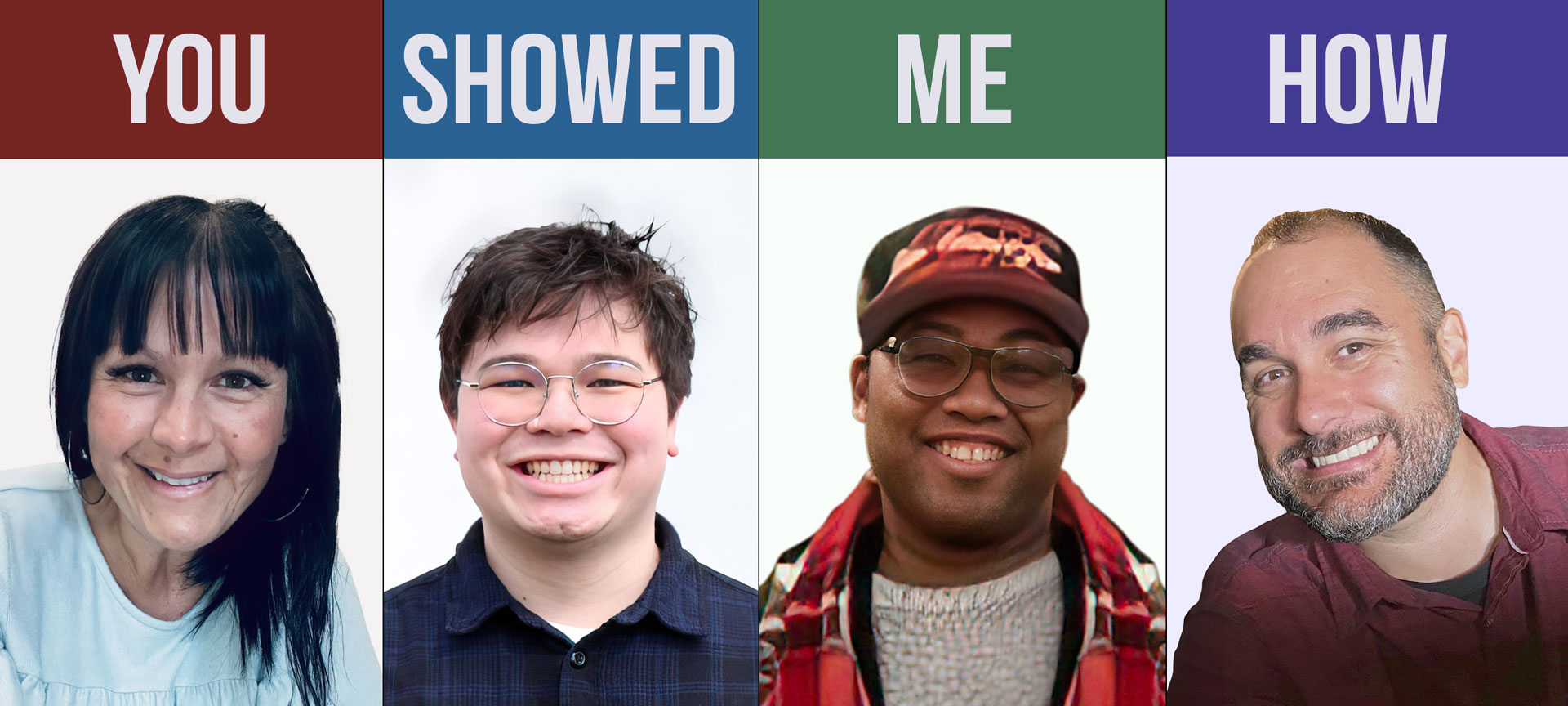
By Tim Zakarian
In last month’s article “Show Me How,” we talked about how to help someone who is newly saved take their next steps of faith.
To review that article, click here Show Me How.
Helping a person take their next steps of faith is important. When a person decides to put their faith in Christ, we often say they have been “born again,” they have been given a new life (John 3:1-3). Most mothers would never think of abandoning a newborn baby, leaving him or her to fend for themselves. In similar fashion, a new Christ-follower needs to be nurtured and protected. Yes, it is exciting that someone accepted the Lord as their Savior and has chosen to be born again, but it is also important they learn what it means to have a relationship with Christ. It is important we disciple them.
In “Show Me How” we provided some ideas for discipleship. In this article we want to share real stories of four people who were discipled intentionally and let you decide for yourself if the time and emotional investment paid off. We talked with Brea Acosta, who pastors alongside her husband, Tim, at Pathway Church in Graham, Washington; Caleb Plummer, a youth pastor at The Intersection, an Open Bible church in Spokane Valley, Washington; Johnny Montgomery, a staff pastor at Waypoint Community Church in Springfield, Oregon; and Mike Allison, lead pastor of Discover Church in Lodi, California.
1. Tim: How did you first connect with the person who discipled you? In what ways did you interact?
Brea: I was discipled by my youth pastor and a few other adult leaders. They accepted me as I was and mentored me towards the Bible as a new believer. They encouraged me and cared for me. They would send me postcards in the mail and schedule visits with me.
Caleb: I first met my pastor when I was in sixth grade. My family had just moved to the Eugene/Springfield area and started looking for a new church to attend. My youth pastor always put in effort to interact with me and make sure that I felt seen.
Johnny: [I was discipled] by a youth pastor in the area. I attended his youth group several times. This was a start to our friendship and discipleship journey. We met when I was fifteen.
Mike: Pastor Andy Stanley, when referring to the discipleship process, suggests that we should invest deeply into a few people for a long time. He uses the expression, “Do for one what you wish you could do for everyone.” My youth pastor lived this out with me. From an early age, [when I was] a student in his youth ministry, he intentionally invested in my life. We did Bible studies, he gave me leadership opportunities, he encouraged me to serve and to use my gifts to bless others. When I did not have a clear path forward after Bible college, he invited me to an intensive internship opportunity and exposed me to the crucible of leadership in the church world.
2. Looking back, what were some of the things he/she did to help you grow in your walk with Christ?
Brea: During youth group I was taught and encouraged to look up and read [the] Scriptures. I also participated in small groups where we would study the Bible. The leaders over me would also pray for me.
Caleb: My pastor is a big part of where I am today. One of the things that he taught me was how important my character in Christ truly is. I grew up in the church and always saw such talented people on worship team, talented speakers, and talented leaders. But . . . he showed me how important it was to be a man of integrity, to own up to my imperfections and allow God to use me through them. He showed me that none of us is perfect, that sin and mistakes can only be taken care of when they are not hidden. He taught me a lot about ministry, but he taught me more about what it meant to be a godly man in church and outside of it.
Johnny: My youth pastor had boys’ Bible studies and individual talking times. [He] created a space for me to feel received as the only Black person in the group. I was treated as one of the students in the group. He made me feel welcome. This allowed me to grow in my walk with Christ.
Mike: My youth pastor encouraged me through intentional Bible study, offered counsel when needed, and gave me opportunities to serve and use my gifts to bless others. He modeled a Christian life and marriage that I had never seen before. He demonstrated wisdom and discipline in his personal life that inspired me to do the same. He also advocated for me to have opportunities to serve and lead in multiple ministry opportunities and walked alongside me to develop my leadership giftings.
3. Did you and your leader have regularly scheduled times to meet? Did your leader use a specific format in your meeting times? Where did you meet?
Brea: Once I started serving as a leader in youth group, I would meet with my youth pastor to check in on how I’m doing individually as well as a leader. We would meet at church. I’m sure he had a specific format and used resources that he was aware of.
Caleb: My pastor and I did not start meeting regularly until I was in college. When I graduated high school, he approached me about an internship opportunity. In some ways, it felt like a long time coming, but I clearly remember being honored that he would make the time to meet with me and talk about ministry in the middle of a Subway. From that point on, we met about once a month. It was my responsibility as the intern to schedule time, but looking back I wish I would have spent more time meeting with him. I know that he would have always made the time for me, and there are not many people in life that would do that. Our meetings were some of the highlights of my internship, whether we were meeting for lunch or just in his office.
Johnny: As we started, it was in a group setting. As we got to know each other better, we had more individual times of discipleship. We met weekly [for] lunch and individual meetings and as needed. We met in his office typically.
Mike: When I was a student in youth ministry, my youth pastor would meet with me twice a month in a home or at a park, at times with other leaders as well. We generally had a time of Bible study as well as playing a lot of basketball and video games. He always made time to help me address challenges and encouraged me to be investing in people and not only projects.
When I was a student, he certainly made use of strategic discipleship Bible studies on the market at that time. Later in life our format often included reviewing our schedules, taking time to celebrate areas of strength, and encouraging each other in areas where we felt we needed growth. We met at strategic points to pray, do long term planning, and set regular goals.
4. If your pastor/leader was of the opposite sex, what steps did he/she take to keep proper boundaries in place?
Brea: When I would meet with my youth pastor at church, we met with the office door open and only when someone else (i.e., church secretary, other students, or lead pastor) was present and in the building. He was very cautious about this.
Caleb: My pastor is a male; I am a male. But there was so much that I learned about how to handle being a male pastor pastoring a female. He regularly taught me the importance of connecting a female in need of pastoring with a female that could help/mentor/talk with said female. Inevitably, as a pastor, we get called to meet with females throughout the week. Watching my pastor, I learned how it was important to have accountability. Today, if I meet with a female student, I do not meet with her alone. If we meet in my office, there is always someone else in the office and my door is never shut. Obviously, this sometimes is challenging, but my pastor taught me the importance of this practice and how it protects me and the ministry I serve in.
5. Now that you too are a leader in a church, does this person still maintain contact with you? If so, what is that relationship like?
Brea: We see each other at conferences or special events, but for the most part we do not communicate on a regular basis. When we do see each other, it’s always pleasant.
Caleb: My former pastor is like a second dad to me. I hesitate to say that because it sounds super cheesy, but I mean it. Throughout highs and lows of ministry I know that if I called him, he would take my call. We talk on the phone about once a month, and we regularly text about the Dodgers and the Lakers. The way that he balanced being a pastor to me, at times as my boss, but most importantly my friend, was truly appreciated, and I aspire to be like him in that way.
Johnny: As a leader, I have stayed In contact with my former youth pastor. We talk from time to time.
Mike: My former youth pastor remains a critical voice in my life although our relationship has evolved to more of a peer relationship. After planting a church together and then my subsequent launching into this new season of ministry, his insight, wisdom, and willingness to challenge me to continued growth is an essential part of my personal growth.
6. What were some things your leader could have done differently?
Brea: I had great leaders when I was a student and young adult. I am thankful for each of them who believed in me and gave time mentoring me. Although I felt that I was seen as a great role model for younger students and was reliable, I was never asked to serve on the leadership team for youth group. As a student who jumped into youth ministry with both feet, I always felt that I wasn’t good enough. I always wondered what more I needed to do in order to be a leader. Knowing how dedicated I was to youth group, church, and God, I think leaders should have asked me to serve on the team. I know that it has affected me as an adult leader. I sometimes feel that with all that I do for my church (past or present) I may not be doing enough, that I may not be good enough.
Caleb: I remember there were times I was adamant that my former pastor could have done this or that differently. The thing that I appreciated about him the most is that I could push him on things and dialogue with him. At the end of the day, he was not afraid to admit he was wrong or that he had made a mistake. Of course, there are things in ministry that can be done a million different ways. He knew he had a certain way and relied on others to fill in some gaps.
Johnny: I believe that my youth pastor’s model for discipling youth and others works well. He had very good boundaries in place.
7. Are you now actively engaged in discipling someone else?
Brea: Yes. I serve in youth ministry as well as leading women’s ministry and life groups at my church. I enjoy mentoring students and women, teaching them about Jesus, and encouraging them to love themselves and to find their identity in Christ.
Caleb: As a youth pastor, there are a couple of students who I have truly been pouring into as a mentor, leader, and hopefully a trusted adult. My goal with students is always to help them grow in their walk with God, grow in their ministry, navigate their lives outside of church, and discover who God has called them to be.
Johnny: Yes, I am actively discipling others both in the community and in our church.
Mike: Yes, currently I have multiple discipleship-focused relationships. I am modeling much of what I learned from my former youth pastor, investing deeply into a smaller group over a longer period of time while coaching multiple other leaders as well. It is my goal to continue to raise up disciples and model what was so impactful in my life for others.
Discipling another person requires sacrifice. It requires an investment of time and is not often accomplished during a 9-to-5 workday. Yet, in a time when people are supposedly more connected than ever through social media, “Just one in three 18-35-year-old respondents tells Barna they often feel deeply cared for by those around them (33%) or that someone believes in them (32%).”1 These statistics reflect real souls, people who may work with you during the day, sit near you in church, or greet you from across the driveway when you get home from work. Whether you are a youth pastor, a coach, or simply someone who cares about others, you have the opportunity to invest in another person’s life and to teach them to do the same for someone else.
As you can see from these four individuals below, your impact can be exponential in influence. Look what happened through Jesus’ disciples!
1https://www.barna.com/research/global-connection-isolation
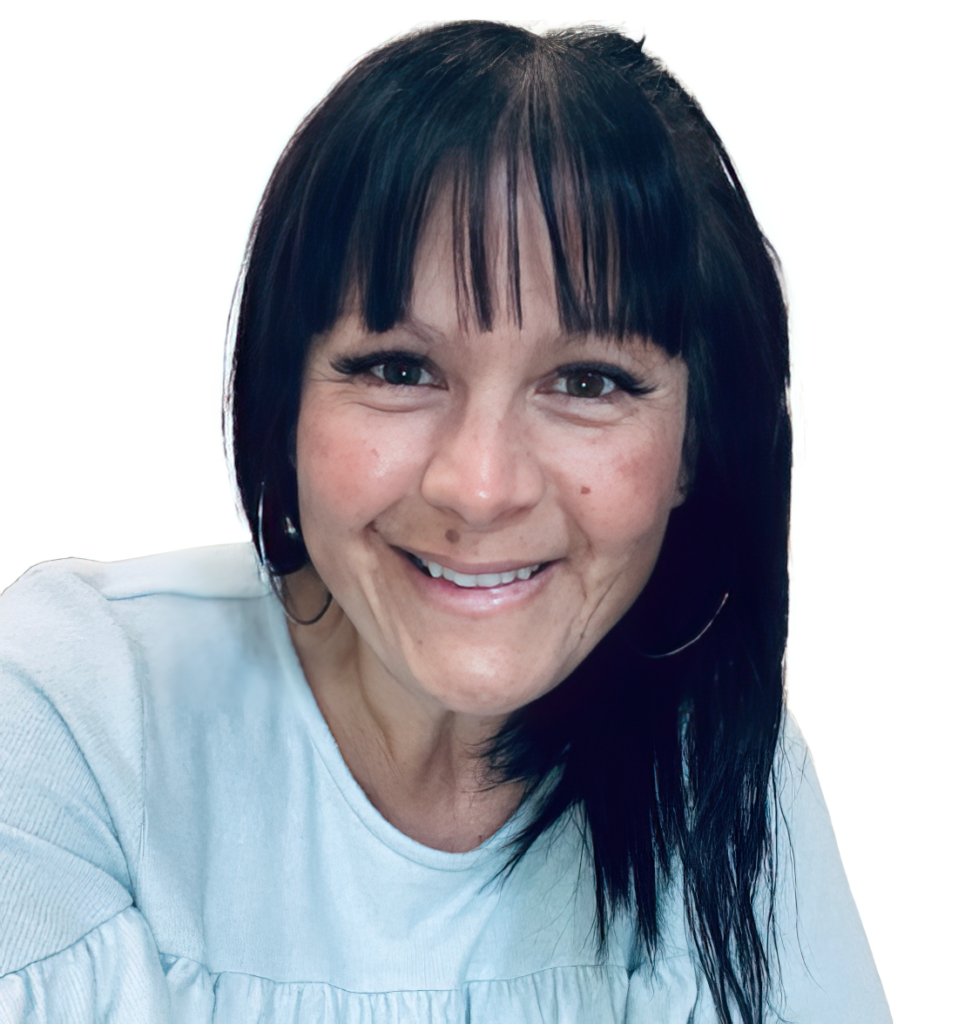
Brea Owen, a California native, has been serving in ministry for nearly thirty years. She and her husband, Tim, served as youth pastors at San Jose Open Bible Church for almost ten years. They then served as youth pastors and associate pastors for thirteen years at Life Church in Concord, California. They now serve as lead pastors of Pathway Church, an Open Bible church in Spanaway, Washington. Tim and Brea have been married for twenty-four years and have three boys: Isaac (20), Jeriah (18), and Grayson (11). Aside from being wife, mom, employee, student, and leader, Brea enjoys spending time with her family, taking walks with her sidekick, Koda, and cooking. Brea is finishing Tier 2 of Discover Ministry School and plans to become licensed with Open Bible.
Caleb Plummer is a youth pastor at The Intersection Open Bible Church in Spokane Valley, Washington. Born and raised in Springfield, Oregon, Caleb always was involved in church in one way or another. He started attending Waypoint Community Church in 2011 and found himself with a calling to youth ministry. He attended college at Bushnell University (previously known as Northwest Christian University) and graduated in December of 2020 with a degree in both Christian Ministry and Mathematics. In his free time, he is either at the movies, at the gym, or spending time with his friends and family.


Johnny Montgomery has been married to his lovely wife, Melody, for twenty years. The couple has three kids: Hannah, Eliyah, and Calvin. Licensed with Open Bible Churches, he has been in ministry for more than twenty years, mostly working in youth ministry. He currently works for South Lane Mental Health and ministers part time as the Connections Pastor at Waypoint Community Church in Springfield, Oregon.
Mike Allison has been an Open Bible minister since 2000. He and his wife, Kristine, along with their three children, planted Discover Church in Lodi, California, in 2021. Along with serving for fifteen years in youth ministry, Mike co-founded Waypoint Community Church in Oregon, then transitioned to lead pastor at Celebration Church in Washington, before answering the call of God to move to Lodi and plant Discover Church. Mike has served as the Pacific Region Youth Director, Pacific Region Emerging Leaders Coordinator and Camp Director, and currently is an at-large regional board member. Mike completed his master’s degree in ministry leadership at Wheaton College in 2023. Mike has a passion for lifelong learning and investing in the next generation of leaders as well as helping people far from Jesus respond to His invitation to “follow me.”

About the Author
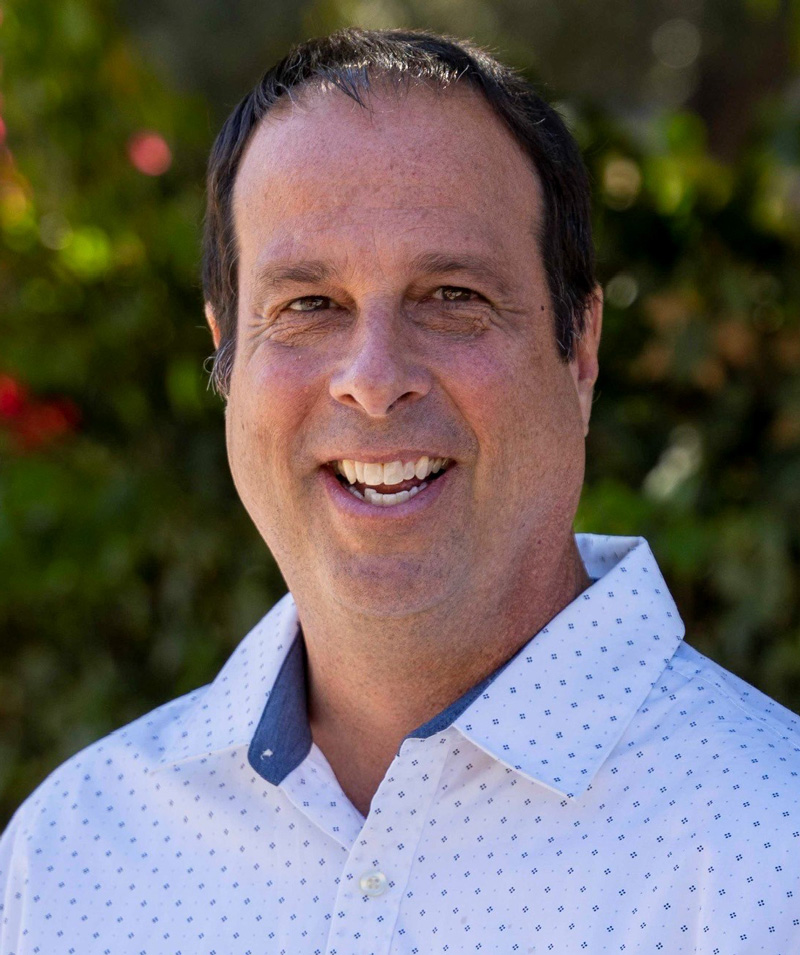
Tim Zakarian is the associate director for the Pacific Region of Open Bible Churches. He lives in Springfield, Oregon, with his wife, Tina, to whom he has been married 36 years. The Zakarians have two adult, married children who are serving in ministry. Michael and his wife, Cheyenne, are the youth pastors at Summit Christian Church of the Open Bible in Los Angeles. Christine McAndrew and her husband, Aaron, are the youth pastors at Waypoint Community, an Open Bible church in Springfield, Oregon. Tim has had many roles in ministry, including youth pastor, regional youth director, associate pastor, executive pastor, church planter, and lead pastor. No matter his role, Tim’s passion for the ministry has always been to mentor and develop leaders.
Spotlight
God’s Greater Plans: From Infertility to Three Babies in One Year
Published
4 weeks agoon
July 1, 2024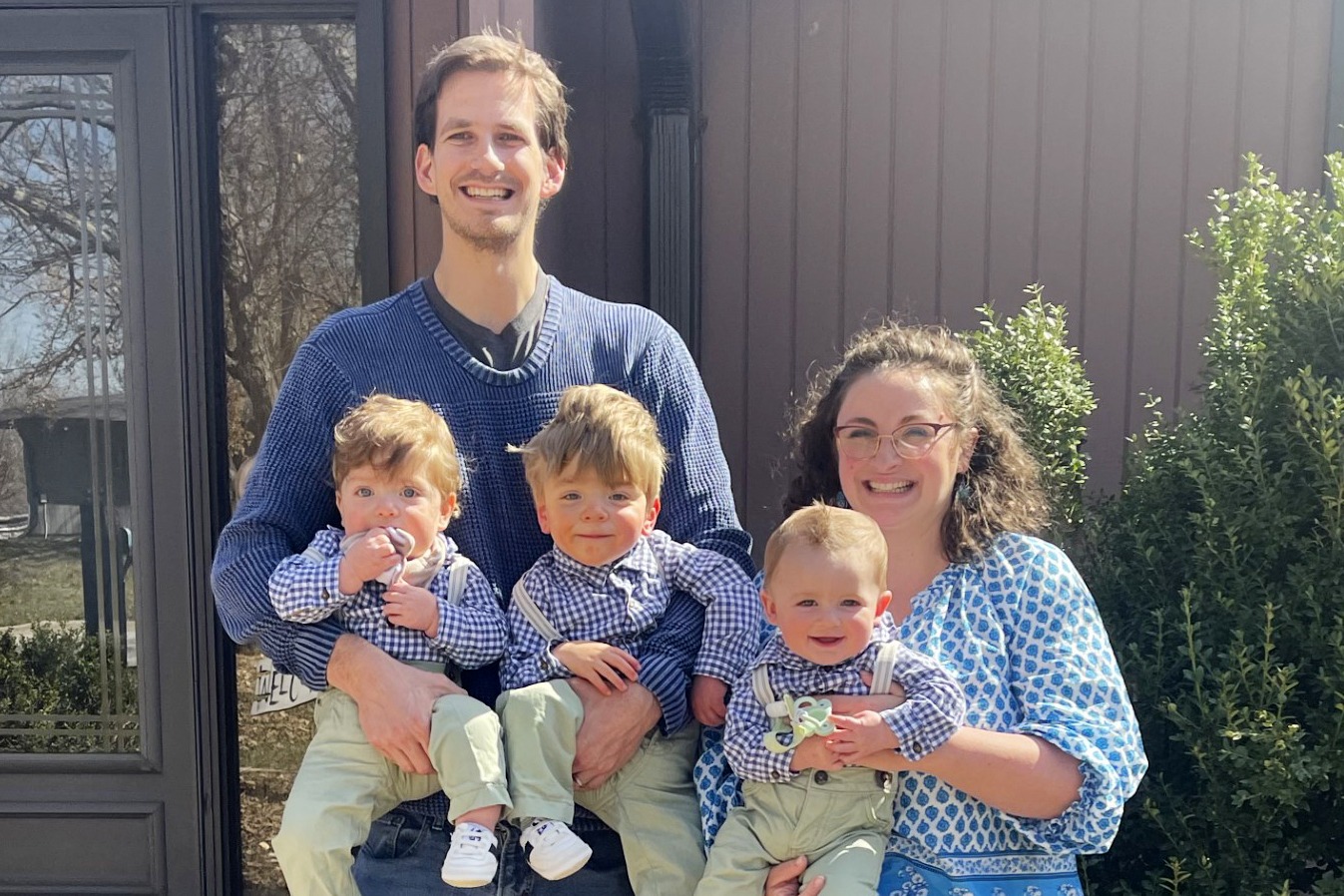
When my husband and I married in July of 2019, it was with a firm understanding of our shared life goals and dreams, and kids were a big part of our plans. In our minds we would have our biological children first, and then when we were ready, we would pursue adoption. But the Lord always has a better plan than ours, doesn’t He?
After we had been married for two years and still had not conceived, we discovered that I was having fertility issues. I saw multiple doctors and was prescribed several medications to help with conception. During this time, I remember telling my husband it felt like we were living in “limbo,” not getting anywhere closer to having a family. Because of our powerful desire to start a family soon, we decided to divert from our original plan and become foster parents.
“Had I conceived when I wanted to…we never would have met Noah and Leif, our precious sons.”
After an entire summer of preparation, our license went active, and we took a couple of short-term placements. These were our first experiences as parents and had us seriously questioning our parenting abilities! But in December of 2022 we got a call about a four-month-old boy named Noah. Noah was in the ICU with significant health concerns. We weren’t given any idea how long he would stay with us or what his life would look like, and we were scared to commit to taking on a placement that held so much uncertainty. After visiting sweet Noah in the hospital and spending considerable time talking and praying about it, we decided we wanted to take this baby and give him a loving, nurturing home — something he had not yet experienced in his short life.
Noah joined our family on December 16, 2022, and immediately, I became remarkably busy caring for him and taking him to all his appointments. We were so busy, in fact, that thinking of my own fertility was put on the back burner; it just wasn’t my priority anymore.
On January 18, 2023, after a routine follow-up for Noah at Blank Children’s Hospital, we got a call from a surgeon informing us that Noah’s brain was bleeding and we needed to rush him to the hospital for emergency brain surgery. The surgery was successful, and I stayed with Noah during his recovery in Iowa City, two hours from our hometown. We were finally discharged and returned home on January 22. During my time in the hospital with Noah, I did not have any of my fertility medications or supplements (but like I said, I wasn’t focusing on that so much anymore).
So many children have endured brokenness and trauma, and they need to be loved. If we as the church do not show them the Father’s love, who will?
Little did I know that the Lord had everything perfectly planned. On February 2, just eleven days after our hospital discharge, I found out I was pregnant. We were overjoyed!
But God wasn’t done surprising us. A few short weeks after discovering my pregnancy, we received word that Noah’s biological mother was pregnant as well, due to have a baby boy in a few months. We knew immediately that if this baby also needed to be placed in foster care, we wanted him to be with his brother, so we told our social worker we would care for him. Noah’s baby brother Leif was born in May, and just five months later, our son, Sven, was born in October. Overall, when we brought Sven home from the hospital, we had Noah (fifteen months), Leif (five months), and Sven (newborn).
In December of 2023, we were able to officially adopt Noah and Leif, ending their days of foster care and guaranteeing them a safe, loving family for a lifetime. It has been a crazy and chaotic year, but I would not trade it for the world. At the time of this writing, their ages are twenty months, ten months, and six months. Our days are filled with exploring new things and reaching new milestones, and our home is brimming with baby gear (think three car seats, three highchairs, a triple stroller…you get the picture).

I honestly believe God planned our entire story. I couldn’t see it at the time of infertility, but had I conceived when I wanted to, we never would have entered foster care, and we never would have met Noah and Leif, our precious sons. Going through this experience has given me so much assurance that God’s timing is always perfect.
If you are in the midst of infertility, I know it can be hard to hear “God has a plan!” But as someone who has seen His perfect plan come to fruition, I encourage you to go to God in prayer. Tell Him your desires, your frustrations, and your hurts, but also consider asking God what He wants from you in this season of waiting. Maybe He has called you to foster, adopt, or minister to the next generation through your church ministries.
Perhaps you haven’t experienced the struggle of infertility, but you do have a heart for the next generation. How might God use you to help disciple and love on kids around you? So many children have endured brokenness and trauma, and they need to be loved. If we as the church do not show them the Father’s love, who will?
About the Author
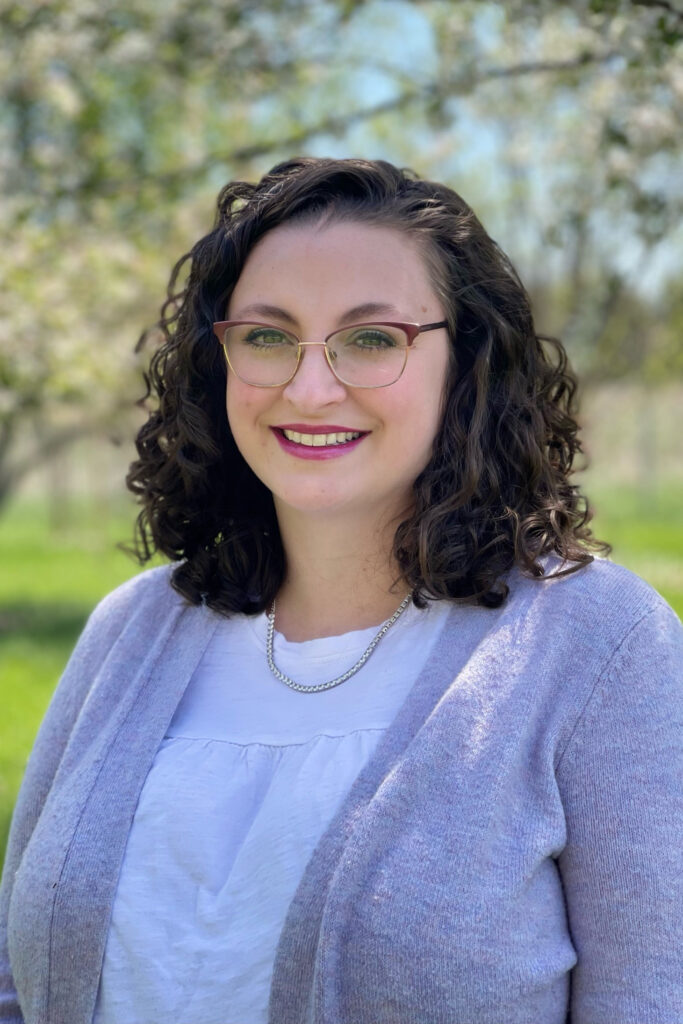
Natalie Larson
Natalie Larson has been a registered nurse at MercyOne in Des Moines, Iowa, for eleven years, working in both pediatrics and surgery. Her primary role now, however, is being mama to her three active sons. Free time has been hard to come by recently, but when Natalie finds a few moments of it, she enjoys baking, reading, and crocheting. Natalie and her husband, Alex, can be found at Journey Church in Urbandale, Iowa, on any given Sunday, where their boys are some of the most popular congregants.
Spotlight
The Community Table: Portland Open Bible Feeds Bodies and Souls
Published
3 months agoon
May 1, 2024By
Hannah Bemis
If you walk into the food pantry at Portland Open Bible (POB), you’ll see a beautifully diverse demographic that reflects the neighborhood in which it is planted. Chinese, Russian, African American, Hispanic, and White families all gather on Tuesdays and Thursdays, known in the community as “pantry days.” In addition to receiving food, they’re gifted with joy and a genuine kindness that is unusual for many of them.
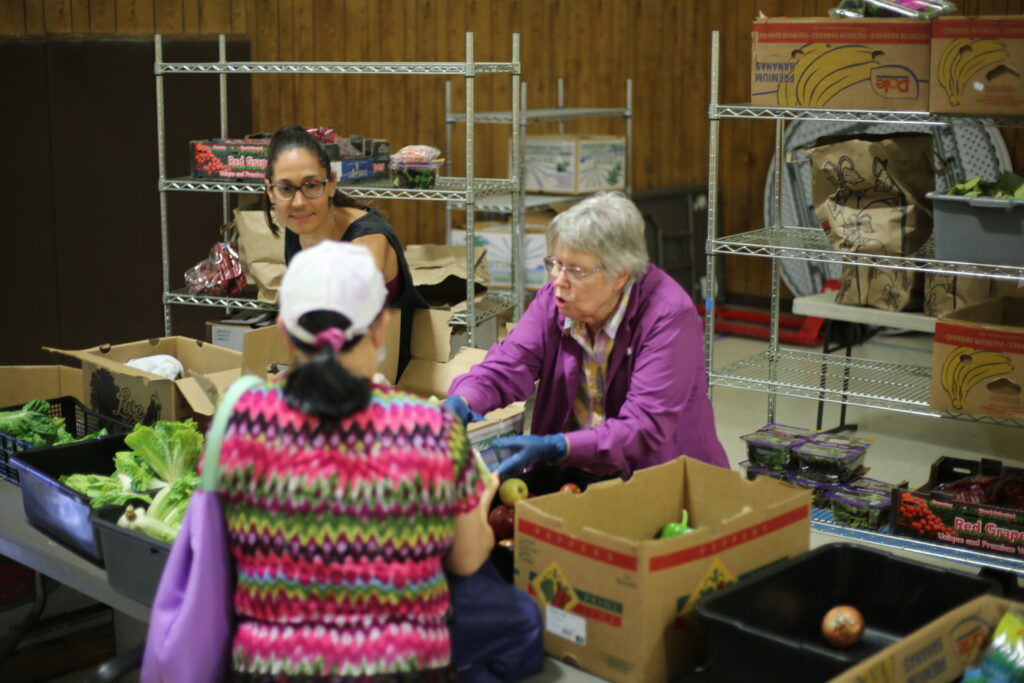
“It offers a level of humanity that they might not have had before,” said Pastor Aaron Brown. “People can say to themselves, ‘If I step on site at Portland Open Bible Church, I know that for one – people are going to be nice to me, and two – they’re going to try and help me with what I need.’”
Aaron and the food pantry team are going a step further, striving not only to give their community what it needs but also what it wants. When the pantry was in its beginning stages, the staff realized that too much of what was given away was being thrown away. They would find food thrown on the ground a short distance from the pantry, and knowing their program couldn’t be sustained with so much food waste, they were determined to solve the problem. As they began taking data on who their program was serving, noting the diverse ethnicities, they realized their food options didn’t meet the dietary needs of many of the ethnicities they were serving.
“We’re putting an end to food waste through client choice.”
“Our Asian families don’t necessarily want Ritz Crackers and Fruit Loops,” explained Aaron. The pantry developed a detailed intake form in which clients were surveyed not only on their demographics and family size, but on the types of food they most desire. This data allows the pantry to save money by purchasing only the food that is needed AND wanted by their community. “We’re putting an end to food waste through client choice.”
That’s not all. As of 2024, the pantry has begun a new program called “The Community Table.” In partnership with Providence health care, the pantry now provides weekly cooking classes with two professional chefs. Each meal is cooked from scratch with whole foods (provided free of charge to participants) and follows a recipe that was contributed by a member of the Portland community. They might cook a Russian meal one week and a Cantonese meal the next. “We have people from all cultures cooking foods from all cultures,” Aaron shared proudly. “It’s food they chose that comes with a story.” Classes are filmed, each recipe taught as a unique episode that includes the recipe’s contributor sharing the story of why that meal is meaningful to his or her family. Once all the episodes are filmed, food pantry visitors will have the option of receiving a video link for a weekly episode along with all the ingredients for that “meal of the week.”
“Everyone deserves to be fed, and to be fed healthy food.”
“I was skeptical at first, but the numbers keep growing,” said Aaron. And he’s not kidding: the pantry has expanded from its initial service of 123 families in 2013 to currently serving 84,000 families.
So, how did it all begin? Aaron credits his mother, Betty Brown, with the idea for the pantry. In 2013 the church was experiencing repeated break-ins. Despite there being technology and other valuables to steal, the only thing taken was food. Betty gathered the staff one day and gave them a choice: “We can either keep reporting these break-ins or we can start feeding our community.” They decided to do the latter. What began with a few donated canned food items by church members developed into what is now a widely recognized program funded by million-dollar grants.
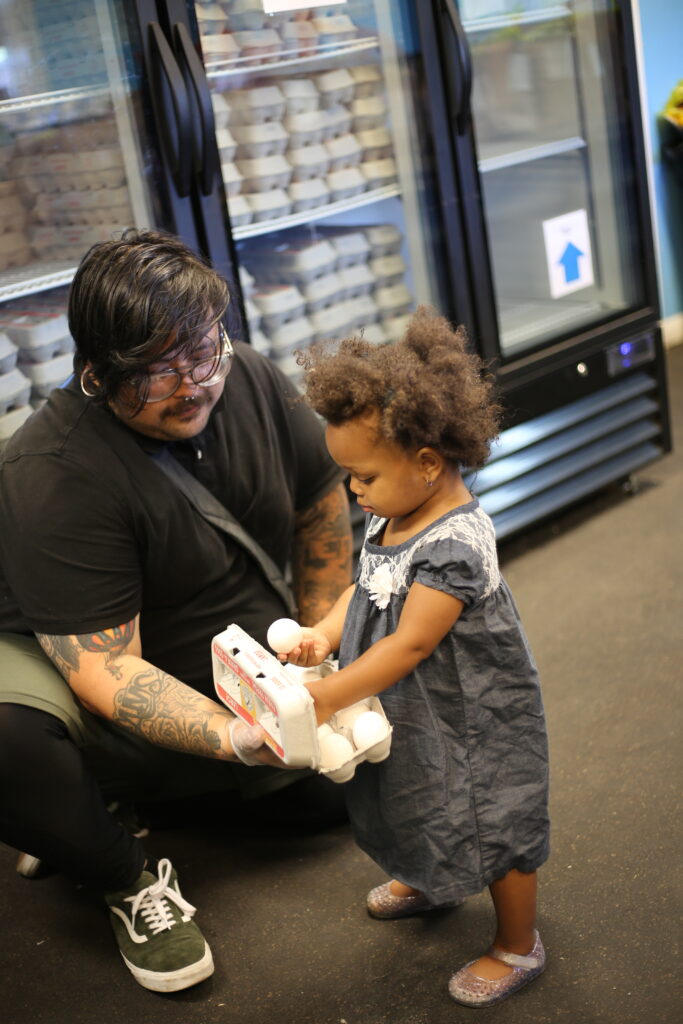
“Everyone deserves to be fed, and to be fed healthy food.” Aaron explained that their neighborhood is in an inner-city “food desert,” a technical term for a neighborhood without easy access to affordable and fresh food. These neighborhoods often have plenty of gas stations and convenience stores, but no grocery stores. Imagine being a single mom who must take city transportation to get to a grocery store in the next city over, then find a way to transport multiple grocery bags home, all with her five kids in tow. This is the reality of many families near Portland Open Bible. The pantry’s intake forms show that these families want healthy options; they’re just in a food desert where they can’t get it.
As Portland Open Bible nourishes its community, they are seeing physical nourishment carry over into the spiritual. “We try to be a beacon of light,” said Aaron. “We serve some of the nicest, friendliest people, and when they see you’ll be kind to them, they open up their whole life story. ‘I used to go to church…’ is what they’ll often say. I’ve seen former youth pastors show up, worship musicians, people high on whatever blasting worship music. They’re usually the most humble people just wanting food.” A lot of them showed up addicted, trying to get clean. They come volunteer at the pantry and get free food, then eventually end up becoming employees. “Overall,” summarized Aaron, “we’re here to bring people to Christ. A lot of people who didn’t go to church before now go to church because of the pantry.”
The pantry has expanded from its initial service of 123 families in 2013 to currently serving 84,000 families.
If you visit 92nd and Powell in Southeast Portland, you just might find a homeless man learning how to make Tiramisu. You’ll also find an innovative church feeding bodies and souls with Christ-like compassion.
“Whoever is kind to the poor lends to the LORD, and he will reward them for what they have done” (Prov. 19:17 NIV).

Volunteers of all ages feed people with a smile 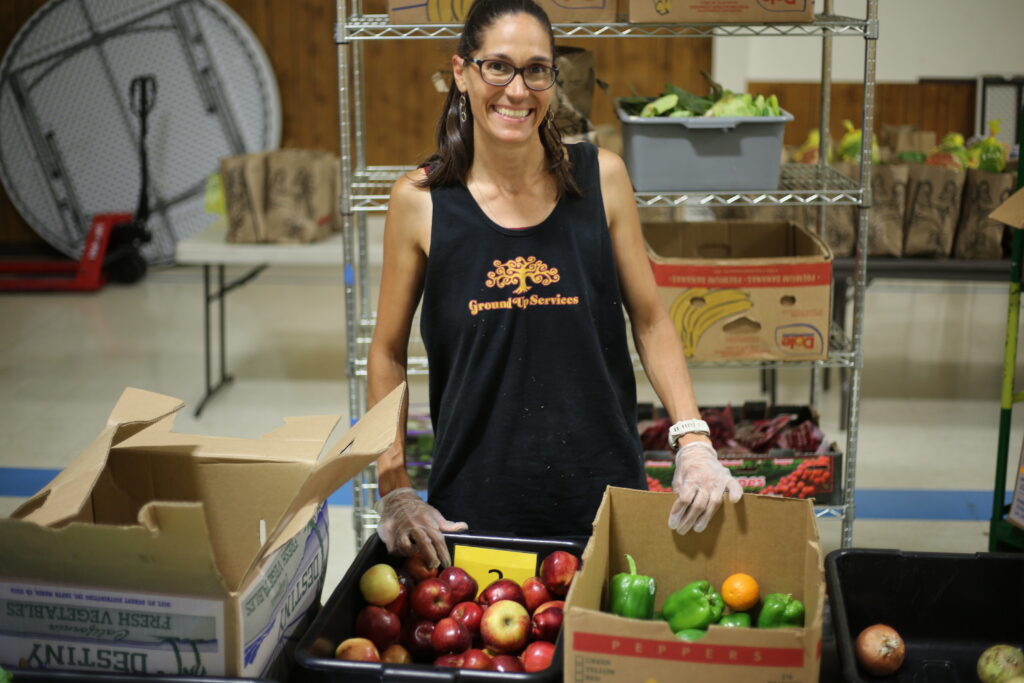
Sorting fresh produce is one of the many jobs of the pantry staff 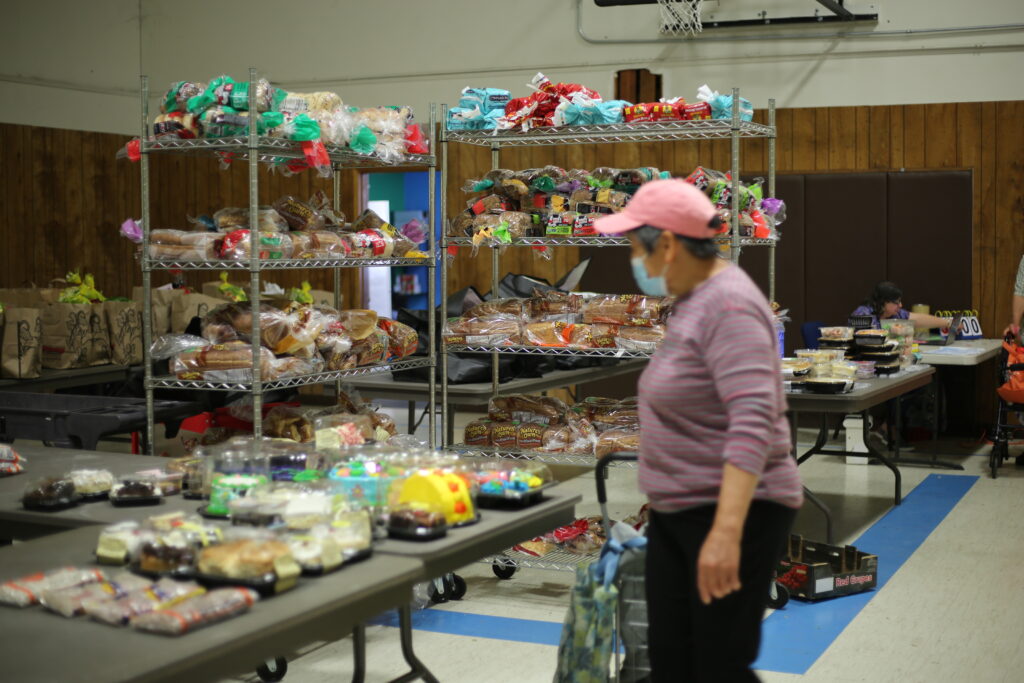
So many choices! 
Selecting the perfect egg 
Pre-ordered food bags packed and ready for distribution 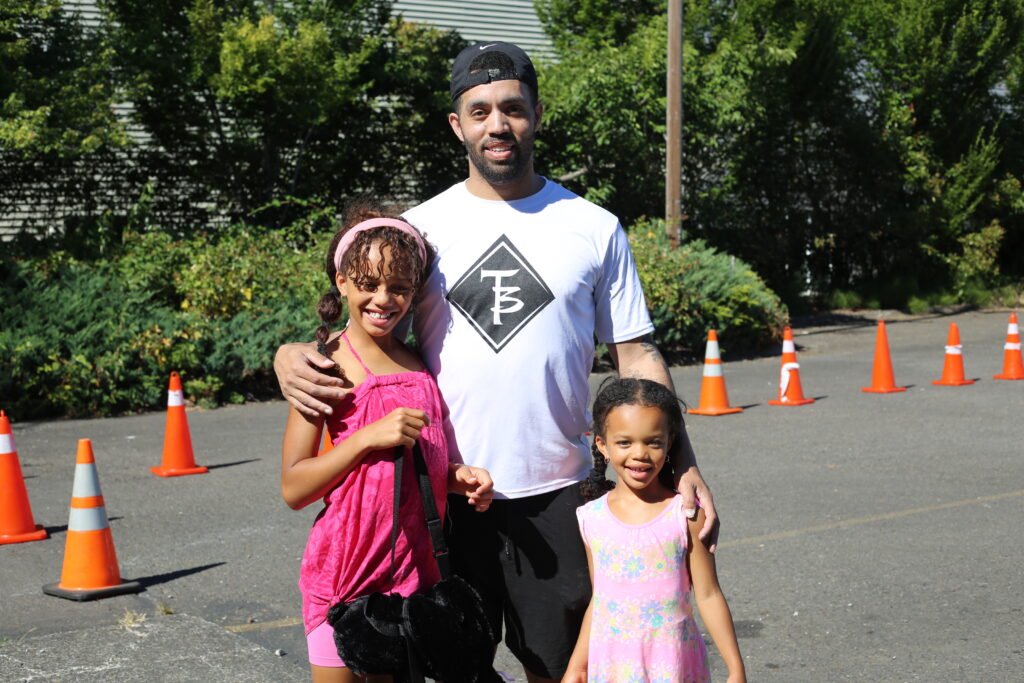
Portland Open Bible Pastor Aaron Brown, with two nieces 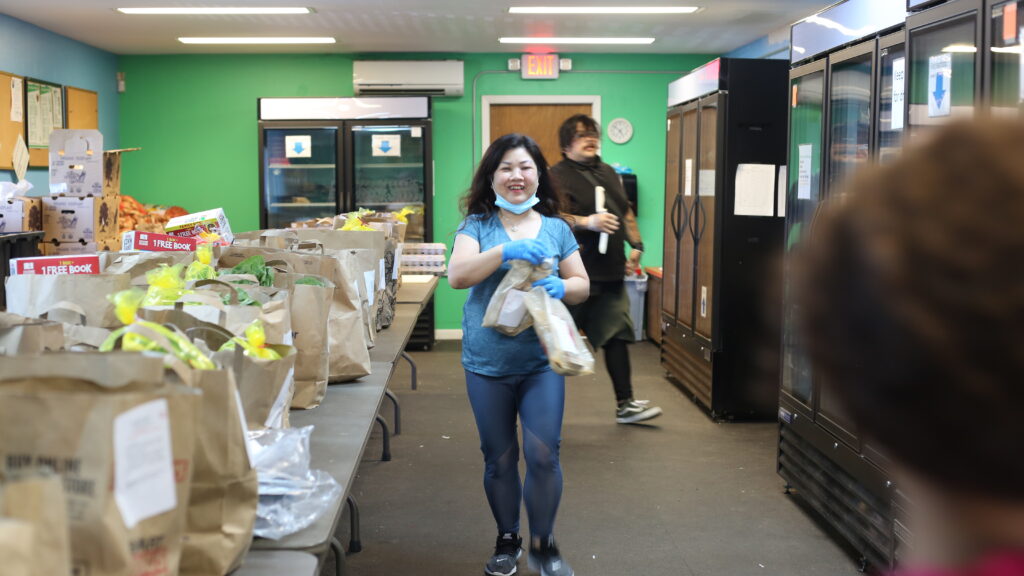
Pantry volunteers joyfully prepare food orders 
Bountiful pantry resources 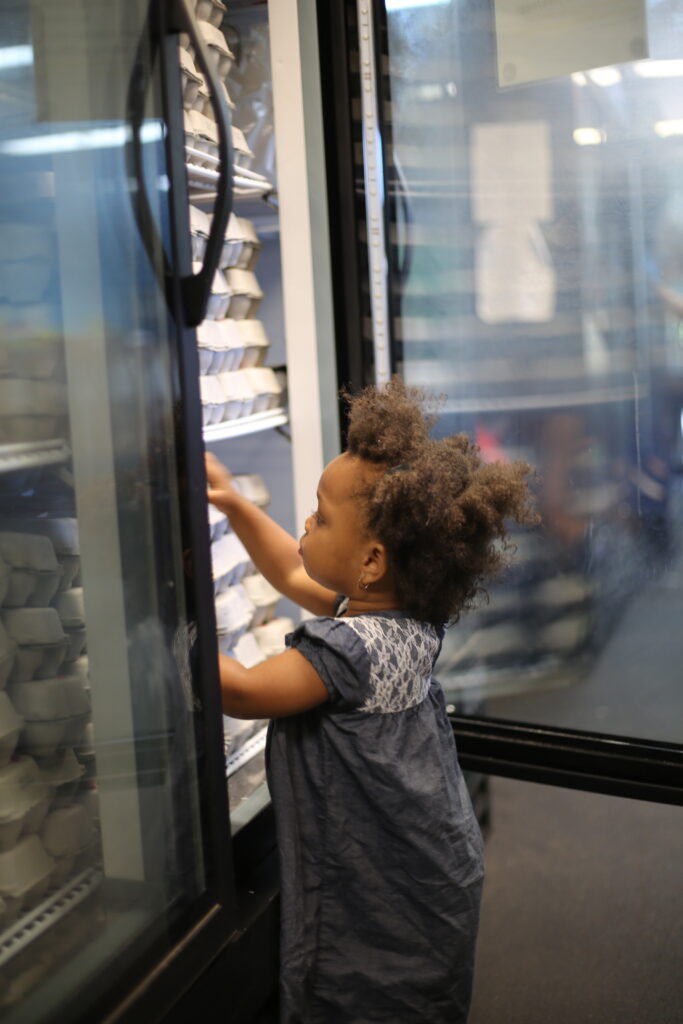
Food education (including how to select quality, fresh ingredients) is part of the pantry’s mission 
Fresh lettuce! 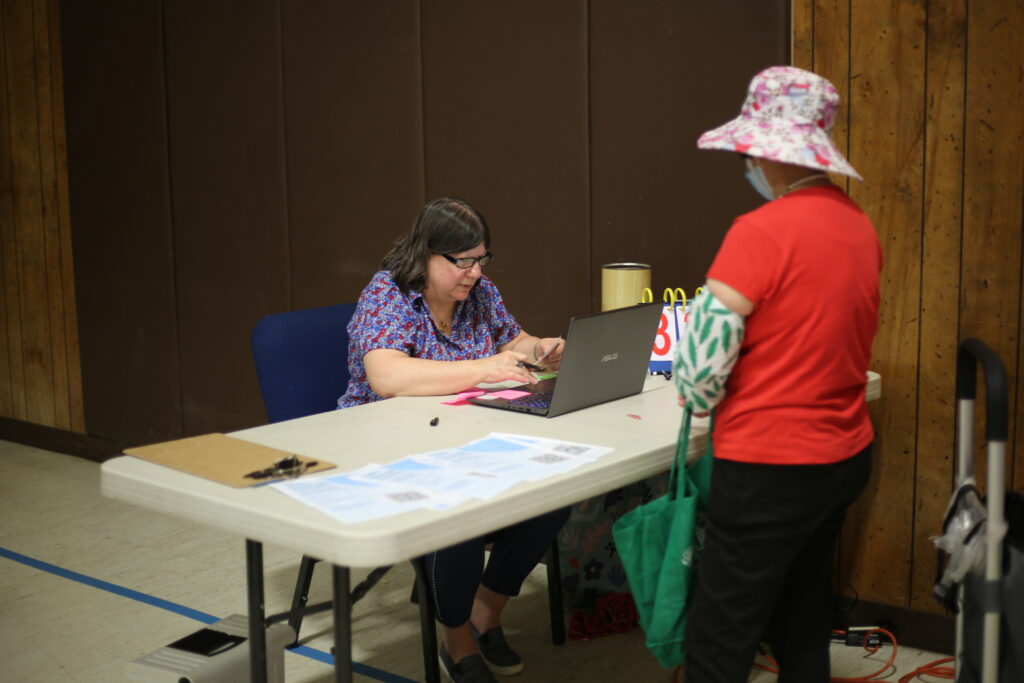
Members of the neighborhood check in to receive their weekly food 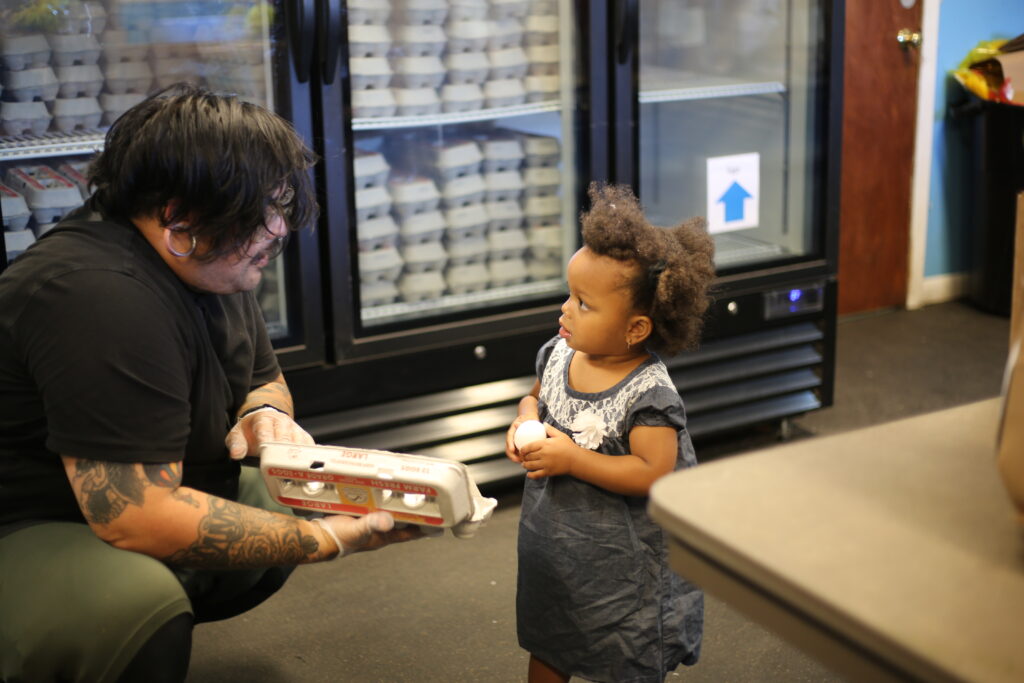
Pantry days are a weekly highlight for people of all ages 
Pantry staff hand out fresh produce to members of the neighborhood
To learn more about The Community Table, check out these videos:
About the Author
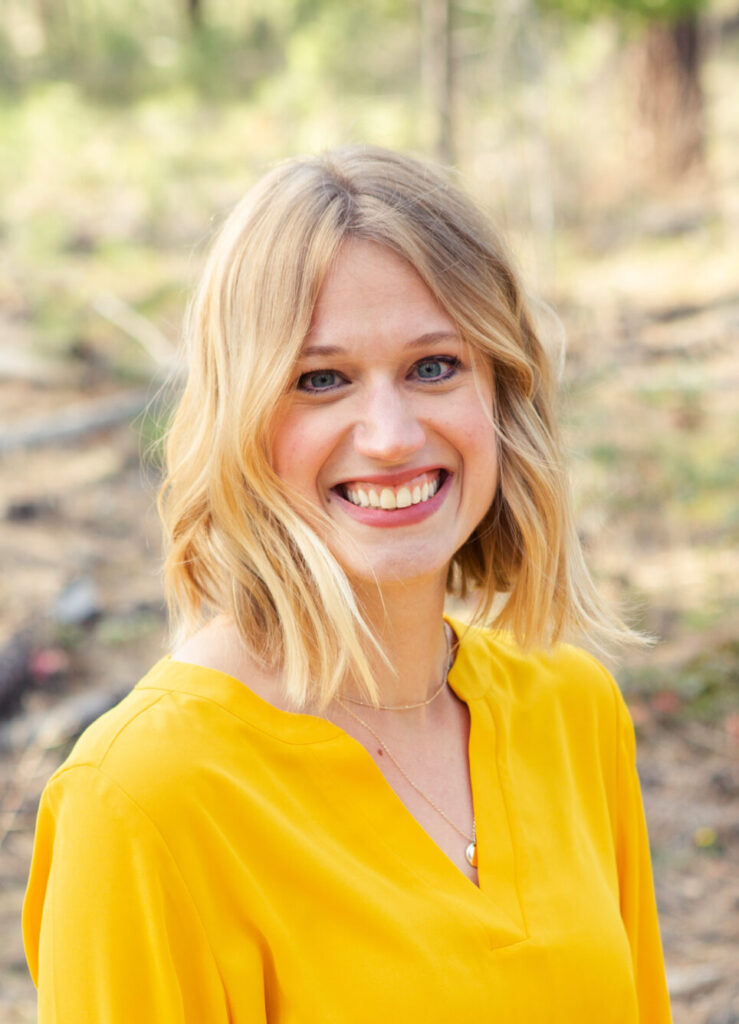
Hannah Bemis
Hannah Bemis currently serves as the Community Pastor at Turning Point Church in Spokane, Washington. She’s always wanted to do too many things when she grows up, and God has been kind enough to let her do most of them in different seasons. After seasons of mothering, teaching, writing, and staff pastoring, Hannah’s most recent adventures include serving as the Editor and Director of Message of the Open Bible and preparing to plant and co-pastor a church in Newberg, Oregon with her husband, Jordan. After Jesus and all her favorite people, she spends the remainder of her passion on pizza and dark chocolate, in equal measure.

When my husband Josh and I first began to lead Turning Point Church two years ago, we understood God was calling us to something much bigger than what we knew and much more than we could do. We knew it would be one of those “Now show me Your glory, Lord” moments, for what He’d impressed upon our hearts seemed outrageously impossible by human means. Yet that is the best medium for God to work with: the impossible!
One thing the Lord impressed upon our hearts was an urgency to multiply. This wasn’t just an inclination to grow or a passing desire to expand, but a desperate URGENCY to multiply God’s kingdom and send out workers to advance His kingdom. We did not know how this would look and honestly did not know how we could even multiply, as we were just beginning our journey as lead pastors. We knew all the statistics for churches in transition. We knew that it was industry standard in a transition for church attendance to drop up to twenty percent and for giving to mirror that same percentage. (Attendance and giving are two very important factors when wanting to multiply your church!) We also knew that it takes up to three years to change a church’s culture, which is vital when you want the culture to be one that empowers and champions church planting and sending.
We knew all the statistics for churches in transition.
We based our budget on those statistics.
We layered our expectations on those statistics.
We became students of all those statistics.
But then the Lord asked us to check out HIS statistics and His success rate, and we breathed a sigh of relief and invited Him to show us His glory.
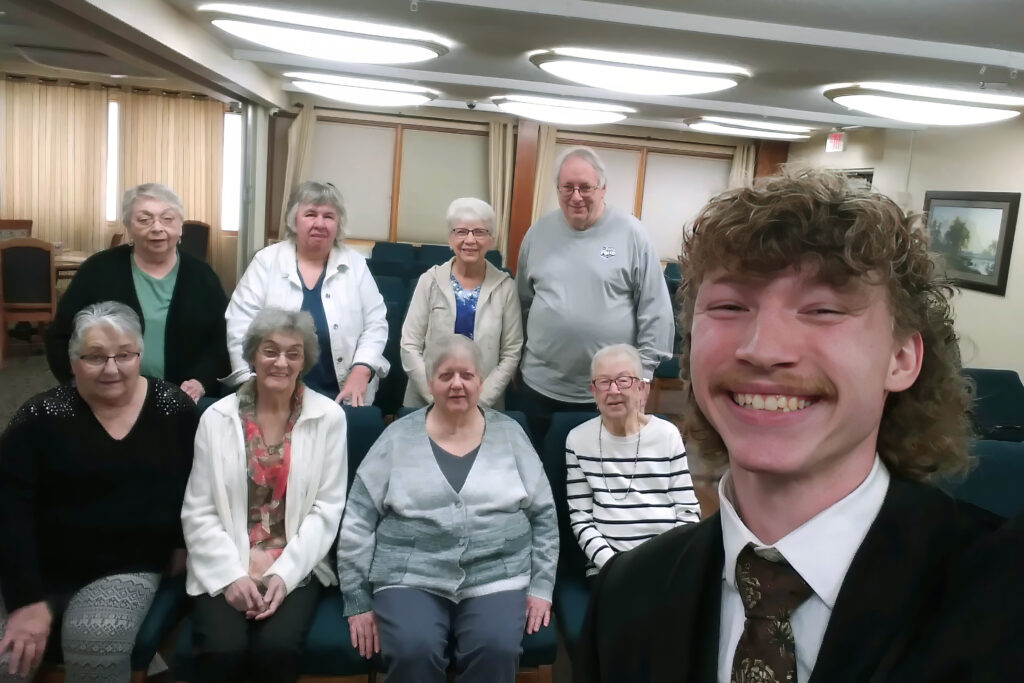
Multiplying the kingdom often begins with just an idea or, in this case, a need. Several of our precious church members had recently graduated to a retirement community in Spokane called Lilac Plaza and were no longer able to fellowship in community on a Sunday morning. Our staff pastors often spoke at Lilac Plaza’s evening Vesper services, but there was nothing for the residents on Sunday mornings; they were bereft of corporate worship or connection with the church body. Josh met with several of the residents and the director of the community, asking how it would look if we brought church to them instead of expecting them to come to our building. From those discussions and their expressed needs, it was realized that simply with a television and an already established meeting room, our church service could be shared live online with those who filled the room. After enjoying their own live worship (piano-led hymns), the residents then listened to the morning’s message and prayed together as an extension of Turning Point Church.
But then the Lord asked us to check out HIS statistics and His success rate, and we breathed a sigh of relief and invited Him to show us His glory.
The Lord, in His perfect provision and angling, had already prepared a young man by the name of Nehemiah Morgan to step into the role of campus pastor. Nehemiah, though only 22 years old, was already equipped with the gifts of shepherding and evangelism, and we knew he was the one for the job. An added benefit was that he also worked at Dutch Bros., a popular coffee shop in the Northwest known for their gregarious and energetic baristas. He could serve delicious coffee and serve the flock at Lilac with equal energy!

I will never forget when Nehemiah shared about the first time our Lilac members took communion right along with the church family online and how one woman tearfully partook of the sacrament, worshipping the Lord because it had been years since she was able to have communion with a church family. Years! The beauty, the privilege, and the joy of meeting together for worship in community is a gift I will never take for granted.
Our Lilac campus is in every way an extension of Turning Point Church: they participate in our Growth Track membership process, they join our “Dream Team” of volunteers, they interact with the message that is given, they send in their prayer requests, and they support us with their prayers as well. The wonder of it is that though Nehemiah is on one end of the age spectrum and the members of Lilac are on the other end, they recognize and honor the calling of the Lord upon Nehemiah and are flourishing under his shepherding and love.
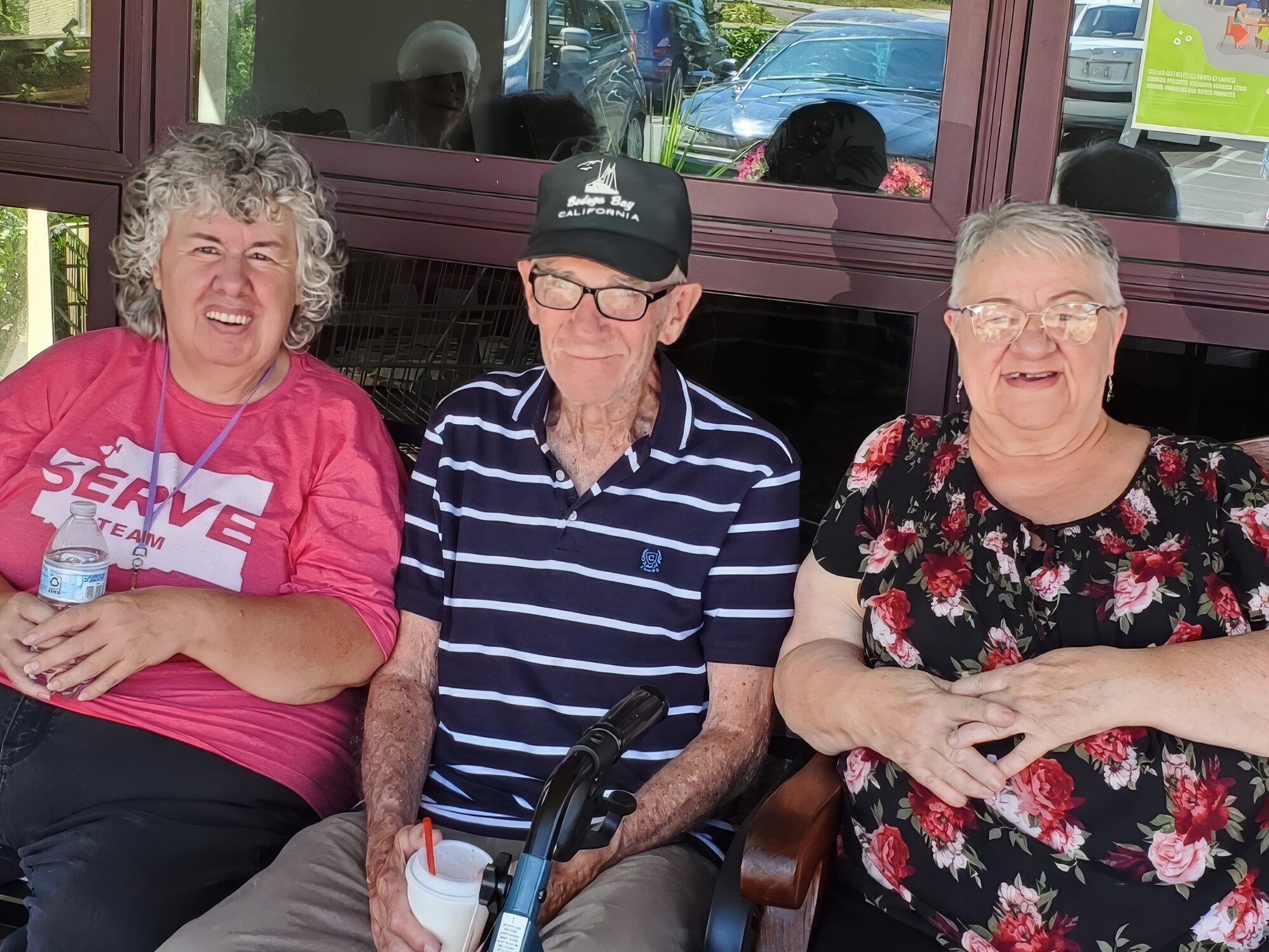
Turning Point has multiplied, and in a way that we never expected! For that reason, we continue to keep our eyes wide open for the Lord to creatively present a new opportunity; a fresh way to BE His church, to SEND His church, and to MULTIPLY His church.
In this the Lord is truly showing His glory!
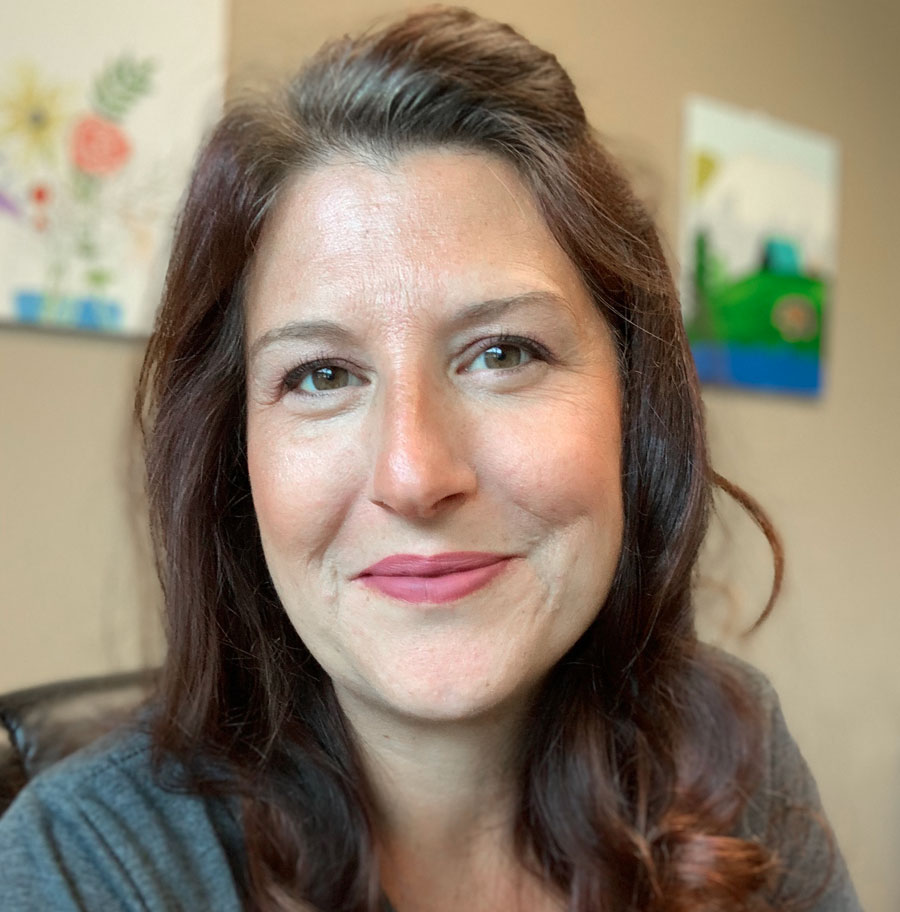
Melissa Stelly
Melissa Stelly serves as the executive pastor at Turning Point Church in Spokane, Washington, alongside her husband, Josh Stelly. She has attended Turning Point for 32 years. She is the mother of three daughters, adores camping, hiking, and adventuring, is a voracious reader, and considers Mt. Rainier one of the greatest accomplishments the Lord created. Most days in her free time you will find her curled up with a good book or taking a long walk.
Follow Us
Subscribe to the Message







